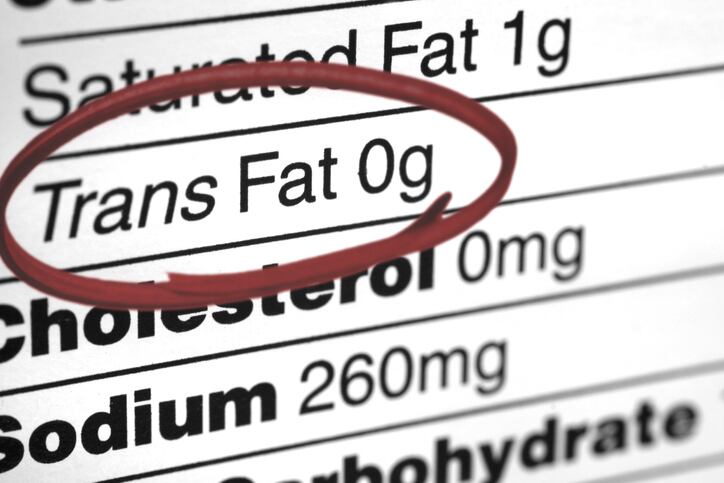The World Health Organization (WHO) has set a goal of eliminating trans-fat in the global food supply by 2023, in order to reduce the 500,000 deaths annually caused by coronary heart disease.
It is doing so through implementing the WHO-recommended best-practice policies which include setting mandatory limits for industrially produced trans fats to 2% of oils and fats in all foods or banning partially hydrogenated oils (PHO).
While about 32 countries have implemented mandatory TFA policies, most countries are in the stages of implementing a national policy, strategy or action plan as they express commitment in reducing TFA.
There are still about 64 countries not drafting any regulations on trans-fat or PHO, including Bangladesh, Bhutan, Egypt, India, Iran, Nepal, Pakistan, and Republic of Korea.
These countries form part of 15 countries globally accounting for approximately two-thirds of the deaths linked to TFA. The other countries Canada, Latvia, Slovenia, United States of America have implemented WHO-recommended best-practice policies, while Azerbaijan, Ecuador, and Mexico have not.
First to TFA race
WHO recommends that TFA intake be limited to less than 1% of total energy intake or less than 2.2 g/day with a 2,000-calorie diet.
In Asia, only Thailand, Singapore and India have adopted best-practice policies. Thailand has banned PHO since 2019, Singapore to ban PHO by 2021, and India reduced its trans-fat levels from 5% TFA to 2% in 2019.
In Middle East, Saudi Arabia, Bahrain, Iran and Kuwait have adopted TFA policies. KSA banned PHO in 2020, and Iran set a 2% limit TFA in oils and fats in 2016.
Steven Bartholomeusz, policy director at Food Industry Asia (FIA) said: “The move to eliminate sources of trans fat are well received in many countries, although views are mixed.
“Industries in various regions including Europe, Asia and the United States have already voluntary reduced trans-fat in foods to less than 1g per 100 g of food by means of reformulation, and at the same time phased out the use of PHO in their products through reformulation.”
For countries already implementing best-practice policies, product reformulation is key as they look for healthier alternatives without affecting composition and shelf life of foods.
Bartholomeusz cited studies conducted by IGD and FIA on industry reformulation efforts where Asian food manufacturers say TFA reduction is one of their top three priorities, alongside salt and sugar reduction.
He explained the rate of phasing out trans-fats is different in different regions and for different sizes of companies.
“For instance, small and medium enterprises might lack the resources and therefore would require more time to reduce or eliminate TFAs in their food products.”
Above all, WHO said the challenge still lie in the disparities in policy coverage by region and country income level. Most policy actions to date have been in higher-income countries. No low-income or lower-middle-income countries have adopted best-practice policies.
Last year, WHO introduced six strategic actions to guide governments to implement its best-practice policies.
Bartholomeusz added: “The recently introduced six strategic actions by the WHO could set a reminder and guidance on how countries could work together using the same approach.”
We’ll be shining the spotlight on Reformulation and Fortification in our Growth Asia 2020 interactive broadcast series. Register for free here.




